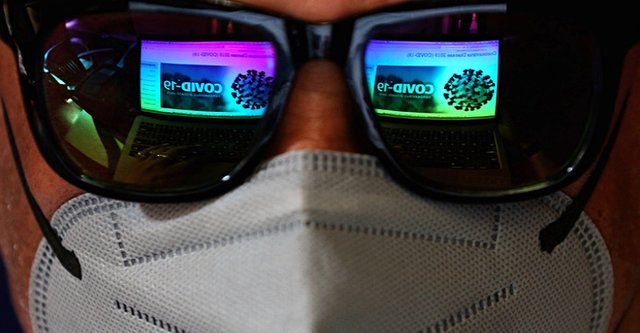Hackers Make Use Of Coronavirus Tracker Maps To Spread Malware
Hackers have shown zero mercy as the world faces yet another dramatic twist from the global coronavirus (COVID-19) outbreak. As the ongoing pandemic continues to affect people and businesses, hackers find this as an opportunity to capitalize on people’s growing fear.
Hackers seizing on coronavirus pandemic
With the increasing public fear stoked by the global outbreak, this has prompted people to turn to real-time coronavirus tracker dashboards to stay updated.
Different organizations have created coronavirus tracking maps to guide people and provide information regarding the contaminated areas across the globe. Organizations, including John Hopkins University, have developed dashboards to monitor the spread of coronavirus.
Nevertheless, findings from cybersecurity company Reason Labs show that the hackers are establishing malicious sites with fake COVID-19 tracking maps that infect site visitors’ devices with malware and enable them to hack private info, including bank accounts and credit cards information.
In the first phase, hackers have set up coronavirus email phishing campaigns through which they infect user systems with malware.
Hackers use AZORult information stealer software
Alfasi further noted that hackers are using software named AZORult, which is an info stealer used to hack browsing data, ID and passwords, cookies, cryptocurrencies, and much more. Here’s how hackers make use of this software:
The strategy of hackers is to circulate links of such sites disguised as coronavirus maps on different social platforms or via fake emails; As somebody visits those malicious sites, their system becomes vulnerable and open to AZORult that helps the hackers to gain access to all the info existed on their systems; AZORult new variant installs a secret admin account on the pc system that carries out remote attacks.
Caution: expect more malware scams as pandemic concerns increase
The specialist Shai Alfasi from Reason Labs stated that this technique of hacking is widespread and warned that there might be an increase in coronavirus malware and its variants in the times to come.
As the tension of coronavirus is increasing day by day, more people are likely to get trapped by malware. At the beginning of this month, Check Point research recorded that around 50% of people are likely to install coronavirus malware on their systems.
In the last few weeks, the officials from the United States have cautioned about suspicious actors searching for to benefit from global coronavirus worries by extracting sensitive info or peddling fraudulent products.
To enhance system protection, people must identify fake websites that might show legitimate coronavirus dashboards. It is highly recommended that users stick with certified dashboards such as one from John Hopkins University or the New York Times.

HIVE IS ALIVE!!!
JOIN US, YOU'LL HAVE EXACTLY THE SAME BALANCE AS YOU HAVE HERE ON STEEM WITHOUT THE CENTRALIZATION AND CENSORSHIP!!
https://hive.blog